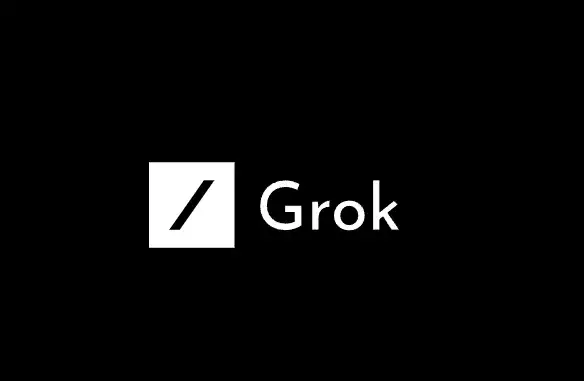Elon Musk’s introduction of the Grok AI chatbot marks a significant moment for users of the platform formerly known as Twitter. As of now, the feature is accessible to all users, breaking the previous barrier that restricted access to X Premium subscribers—a mere fragment of the platform’s vast user base. With Grok, users can generate unique visual content through enhanced tools, glean insights into the subtleties of social media posts, and engage in lively banter using the chatbot’s “Unhinged Fun” mode. However, the crucial question remains: Do these capabilities genuinely enhance social interaction, or do they dilute the very essence of what social media should represent?
The current trend of incorporating generative AI tools into social media platforms raises important considerations about the nature of social interaction in a digital landscape. Companies like Meta and LinkedIn are investing heavily in AI to assist users, transforming the way posts are created and shared. However, one must critically assess whether these AI tools truly facilitate genuine engagement or merely contribute to a superficial online experience. Authenticity has been a cornerstone of social media, allowing individuals to express their thoughts and opinions openly. Yet, as AI-generated posts become a norm, the authenticity of user-generated content becomes increasingly questionable.
The concept of social media was founded upon the ability of individuals to communicate personally and share their perspectives. The rise of AI-generated content feels antithetical to this principle. How can we claim to be engaged in social interactions when the opinions we express and the visuals we share may not even originate from us? This prompts a reevaluation of what constitutes “social” interaction. When any user can rely on AI to voice their thoughts, does it not undermine the democratizing aspect of social media? Thus, we must scrutinize whether AI-generated content adds value to the social media experience or detracts from it.
It’s easy to become enamored with the potential of generative AI, heralding it as a groundbreaking technology poised to revolutionize various sectors. Certainly, AI has the ability to streamline workflows and enhance productivity in numerous fields, such as legal work, where it can assist professionals in exploring alternative arguments or identifying relevant case precedents. However, while these tools have demonstrable benefits, it’s essential to note their limitations. Expert oversight and domain knowledge are paramount; AI cannot replace human judgment and expertise. Therefore, its value resides in assisting rather than completely taking over tasks.
This distinction raises critical questions about the narrative surrounding AI. Despite widespread proclamations that AI will soon outsmart humans and fully automate job functions, we are far from realizing this vision. The current generation of AI operates more like sophisticated data processors rather than autonomous thinkers. This ongoing hype presents a dissonance between reality and expectation, especially in social media applications where nuance and authentic human interaction are vital.
The excitement surrounding AI integrations, such as Grok, is palpable among tech enthusiasts and industry leaders. However, for the everyday user, there may not be as much enthusiasm. Sure, some may find value in analyzing trends or gathering analytics through Grok, but the novelty soon fades when confronted with the practical limitations of AI-generated interactions. Most individuals are not clamoring for a digital friend or AI-driven insights into their social media habits. The primary draw of social platforms is human connection, and there lies the rub: users may not find robotic conversations compelling enough to enhance their experiences.
Moreover, as platforms continue to introduce AI-driven features, a paradox arises. With the intent to innovate, they might inadvertently alienate users who seek authentic engagement. While Grok may offer some interesting functionalities, it’s unlikely that a significant portion of users will integrate it into their daily social media practices. The essence of why people engage with platforms like X, Facebook, or Instagram remains steeped in personal connection, emotional resonance, and shared experiences—qualities that AI inherently lacks.
As social media platforms grapple with integrating AI technologies, a thoughtful examination of their implications is essential. The novelty of AI chatbots like Grok may excite some, but ultimately, their roles should be viewed through a lens of critical skepticism. Does AI enrich human connections, or do they serve as distractions that detract from the authentic experience users crave? As we navigate this rapidly evolving landscape, one fact remains clear: the integration of AI in social media, while potentially beneficial in specific contexts, should be approached with caution to preserve the true essence of social interaction.

